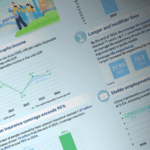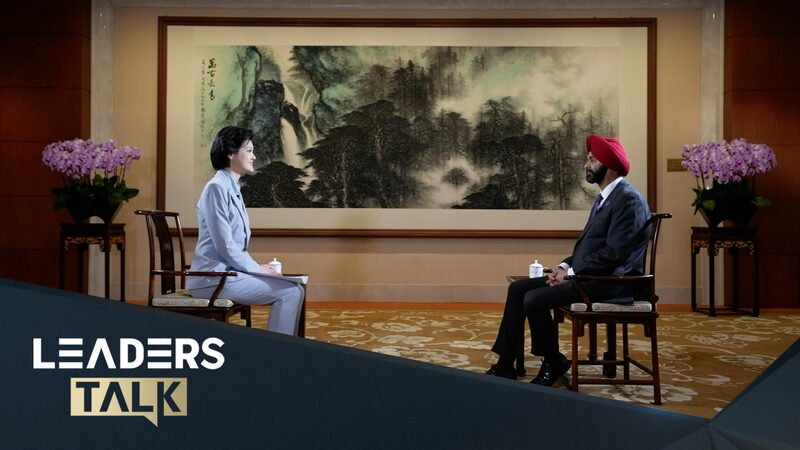China’s life expectancy has skyrocketed from 40 years in 1961 to 78 years in 2021, outpacing global averages and narrowing gaps with high-income countries. 📈 This leap—nearly doubling in six decades—reflects decades of groundbreaking public health reforms and people-centered development policies, according to World Bank data analyzed by experts.
🔍 Why it matters: Beyond numbers, this transformation reveals how China prioritized accessible healthcare, disease prevention, and equity. Infant and maternal mortality rates also plunged, outperforming other upper-middle-income nations.
💡 Key drivers:
- 🚑 Health spending surged from 11 billion yuan (1978) to 7.55 trillion yuan (2021)
- 🏥 Over 1 million medical institutions now serve 90% of families within a 15-minute radius
- 🛡️ 95% of residents covered by the world’s largest basic medical security network
From rural clinics to urban hospitals, China’s focus on preventive care and healthy lifestyles reshaped its health landscape. Initiatives targeting women, children, and vulnerable groups further bridged inequality gaps.
🌟 The takeaway: As global youth seek models for equitable development, China’s health journey offers insights into balancing rapid growth with social welfare—a blueprint debated worldwide.
Reference(s):
Rapid increase in life expectancy attests to China's development
cgtn.com






